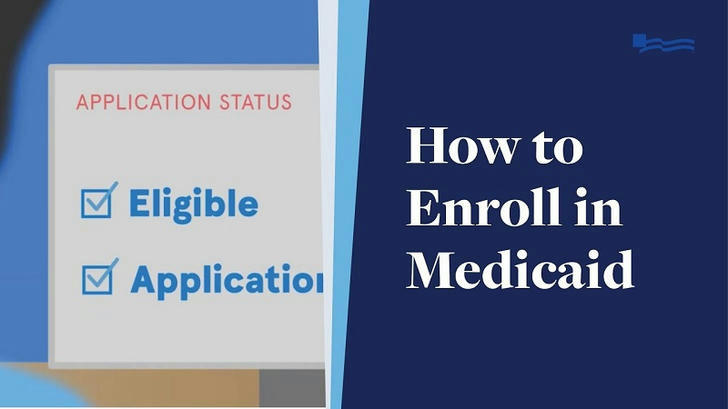How to Get Free or Low-Cost Health Insurance
Medicaid is a social welfare program. It provides government-sponsored health insurance to low-income people. The insurance covers almost all medically necessary services, which means that it's comprehensive.In most cases, Medicaid is free health insurance for people who qualify. A few states charge small premiums for people on the higher end of the Medicaid-eligible income scale.
In addition to no premiums, there is no or minimal cost-sharing (for example, deductibles or copayments).

Who Qualifies?
Medicaid works slightly differently in each state. To be eligible, you must meet low-income guidelines (depending on your eligibility category, you may also need to have low assets to qualify for Medicaid).
These guidelines vary depending on several factors including your age, whether you're pregnant, and whether you're disabled.
As a result of the Affordable Care Act's expansion of Medicaid, here is an overview of who is covered in most states:
• Adults under the age of 65 if their household income is no more than 138% of the federal poverty level (FPL)
• Some states have stricter eligibility criteria for adults under the age of 65. To qualify for Medicaid in those states, you must meet low-income guidelines and be a member of a medically vulnerable group (e.g. people who are pregnant, the parents/caretakers of a minor child, the elderly, disabled people, and children).
• Pregnant people and children (income limits for these populations are generally quite a bit higher than the income limits for non-pregnant adults)
• Centers for Medicare and Medicaid Services. Medicaid, children’s health insurance program, & basic health program eligibility levels.
Disabled people and people age 65 and older, with lower incomes and few assets5 As of 2024, there are nine states where being low-income by itself will not make you eligible for Medicaid if you're a non-pregnant adult.6 These states have not expanded Medicaid under the ACA, and thus have a coverage gap.
(Ten states have not expanded Medicaid, but Wisconsin does provide Medicaid to adults with income up to the poverty level, which means the state does not have a coverage gap.)
Can Immigrants Qualify?
Medicaid is generally only available to immigrants (who meet the income eligibility requirements) if they've been legally residing in the U.S. for five years or more.
But lawfully present immigrants can qualify for premium subsidies in the marketplace/exchange even if their income is below the poverty level. This ensures that low-income immigrants can still obtain affordable coverage while they wait five years to qualify for Medicaid.
Medicaid is not usually available to undocumented immigrants, but there can be exceptions. One example is short-term limited Medicaid coverage in an emergency or emergency coverage for people who are pregnant. (Note that undocumented immigrants cannot enroll in private plans through the marketplace, with or without premium subsidies.)
Medicaid eligibility varies from state to state. For example, several states, including California, Oregon, New York, and Connecticut, have chosen to extend Medicaid eligibility to some undocumented immigrants who otherwise meet the income criteria for eligibility.
Who Pays for Medicaid?
Medicaid is paid for by federal and state taxes. It is administered at the state level. That's why coverage and eligibility rules vary from one state to another.
If you receive Medicaid, your friends, neighbors, and fellow citizens are paying for your health care with their tax dollars.
If you get Medicaid, you’ll likely be cared for at the same hospitals and by the same physicians as people who have private health insurance.
Even though Medicaid is government health insurance, most of the care provided to people who receive it comes from private businesses and healthcare providers. Most states contract with private insurance companies to administer coverage. On your ID card, you might have the name and logo of a well-known insurance provider.
Depending on the state where you live and your Medicaid eligibility category, you'll be able to apply for Medicaid through your state's ACA health insurance exchange or by contacting your state’s Medicaid program directly.10
Recap
Medicaid is free or low-cost insurance that is paid for federal and state taxes. You can get it if you have a low income and meet other eligibility requirements. That said, states have different rules about Medicaid.
